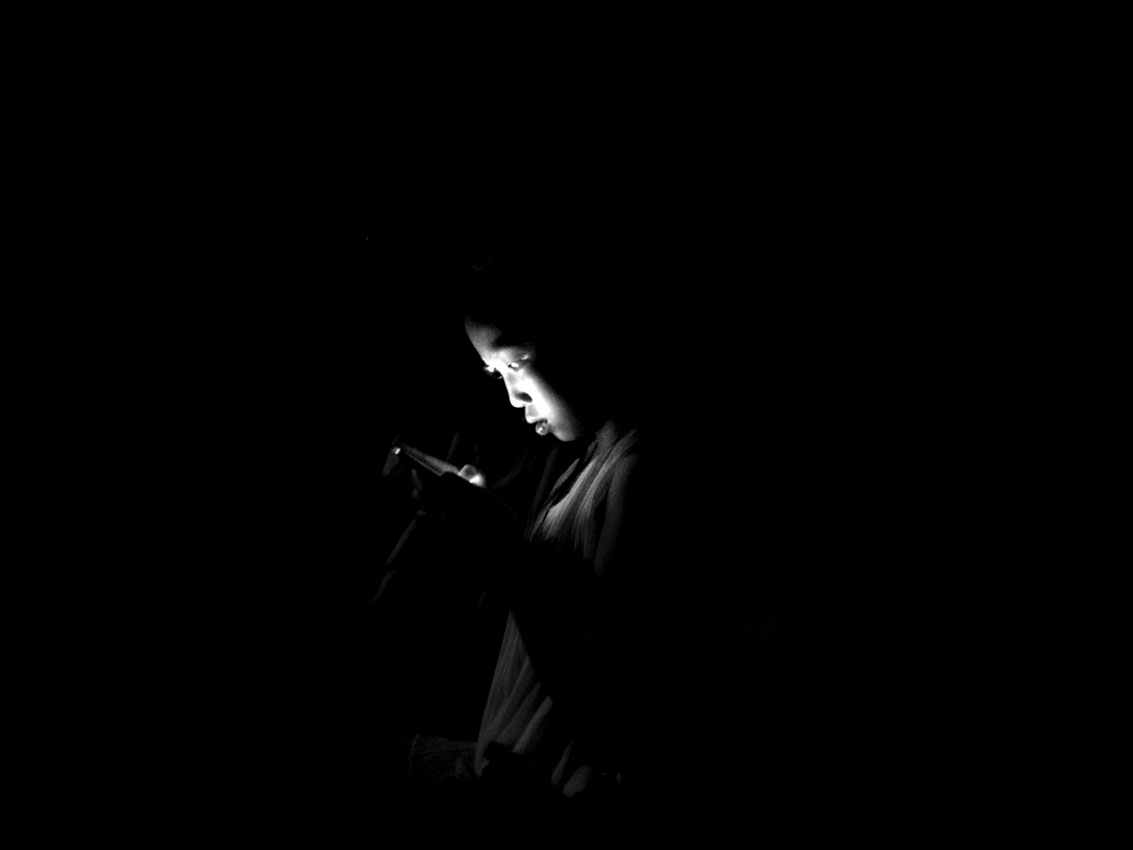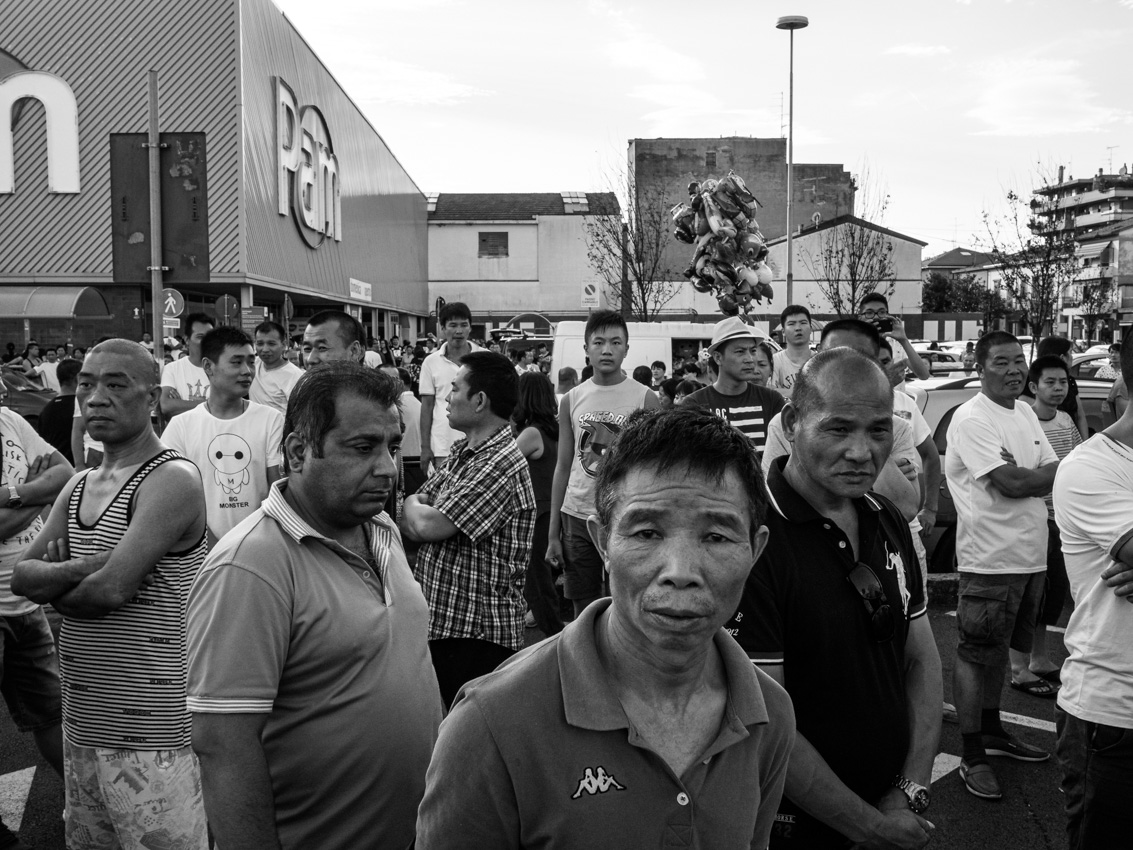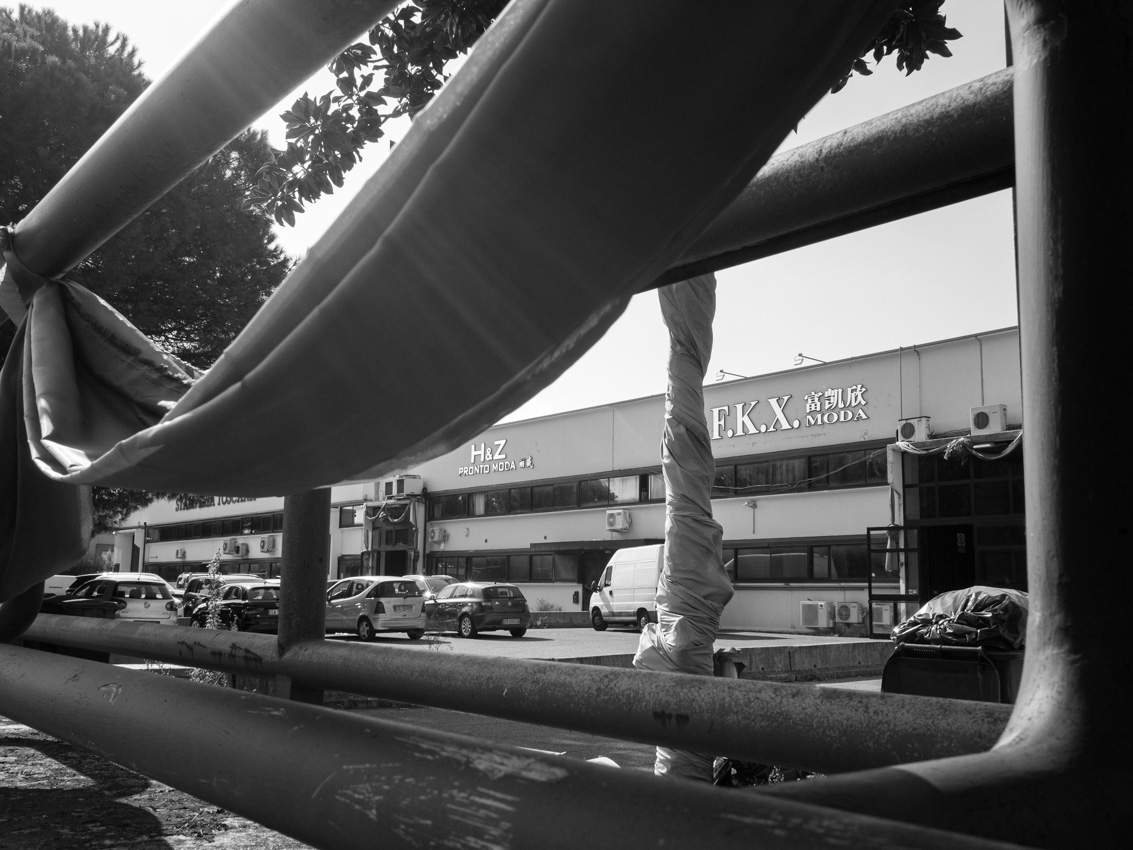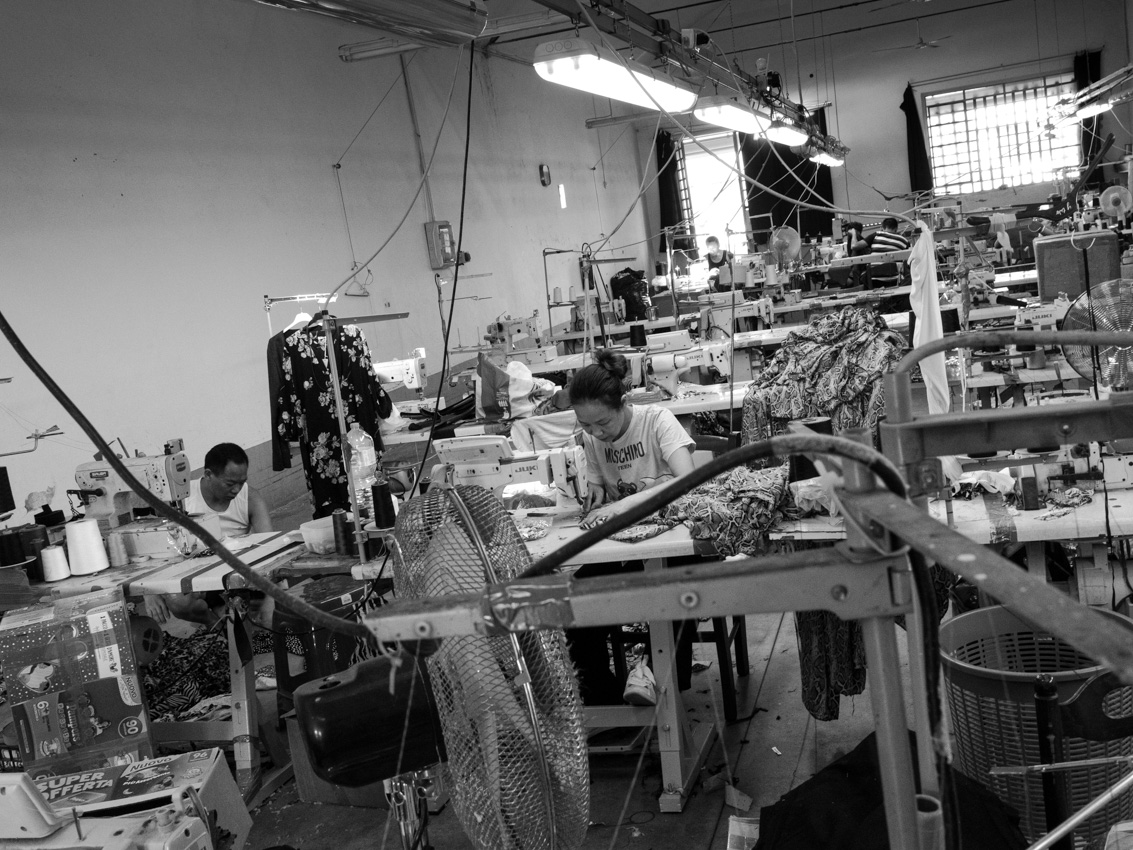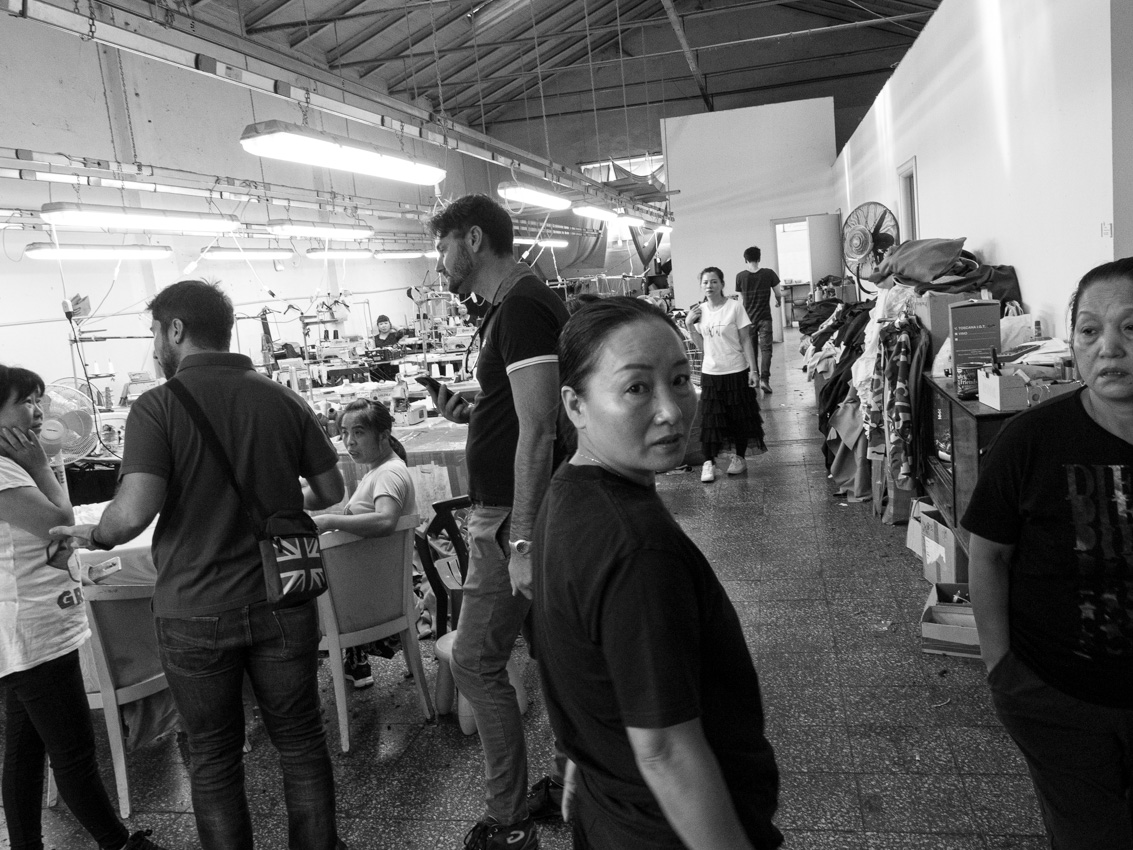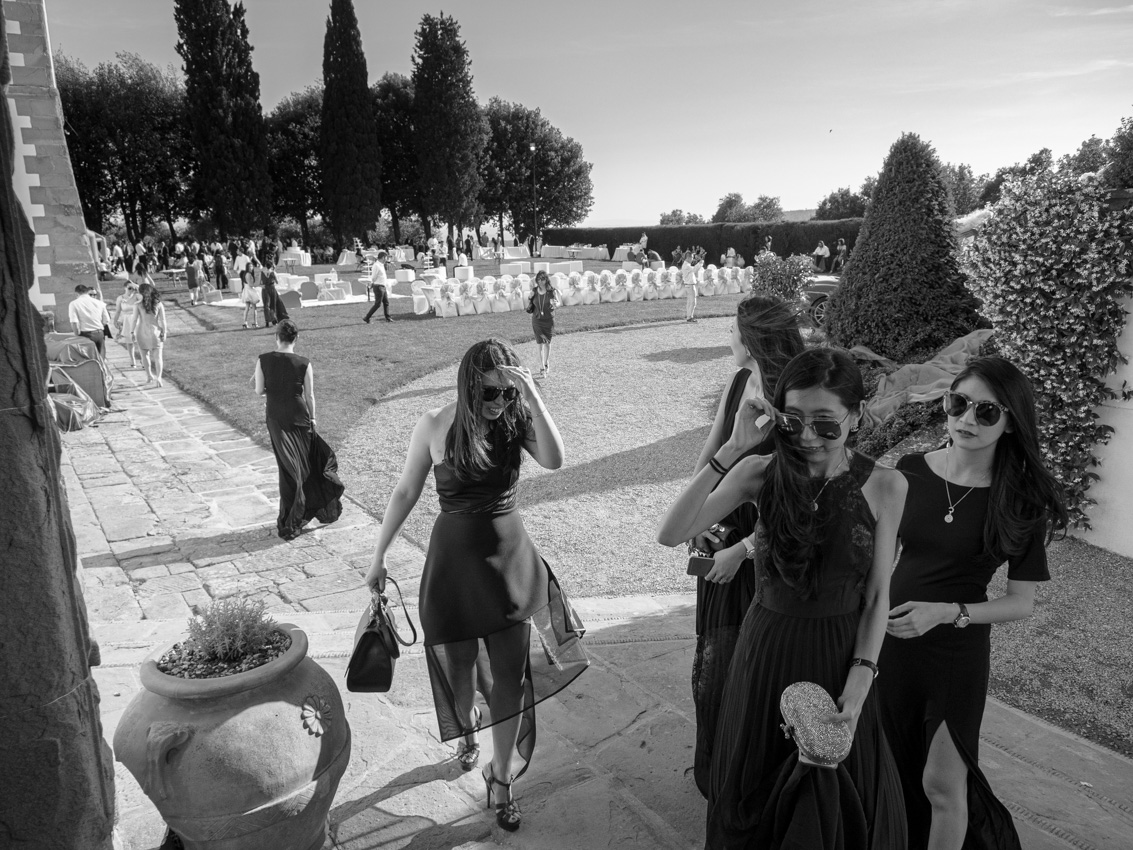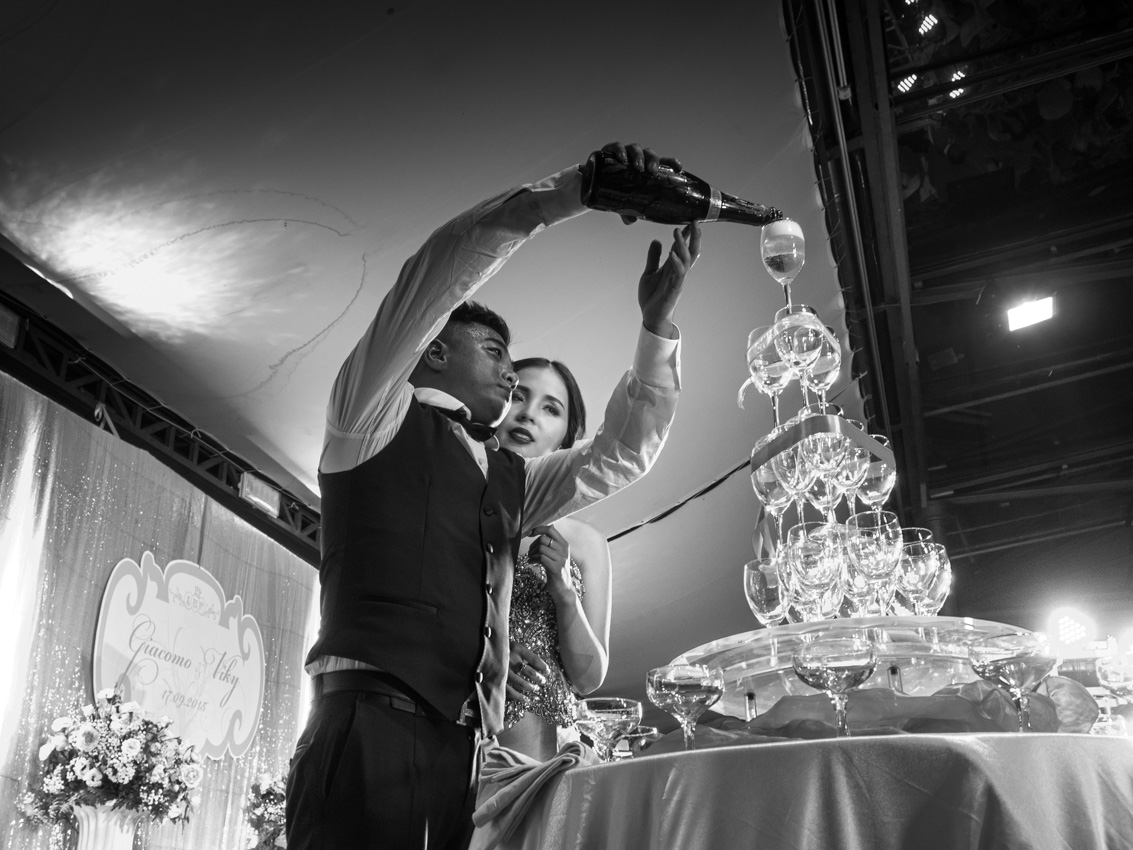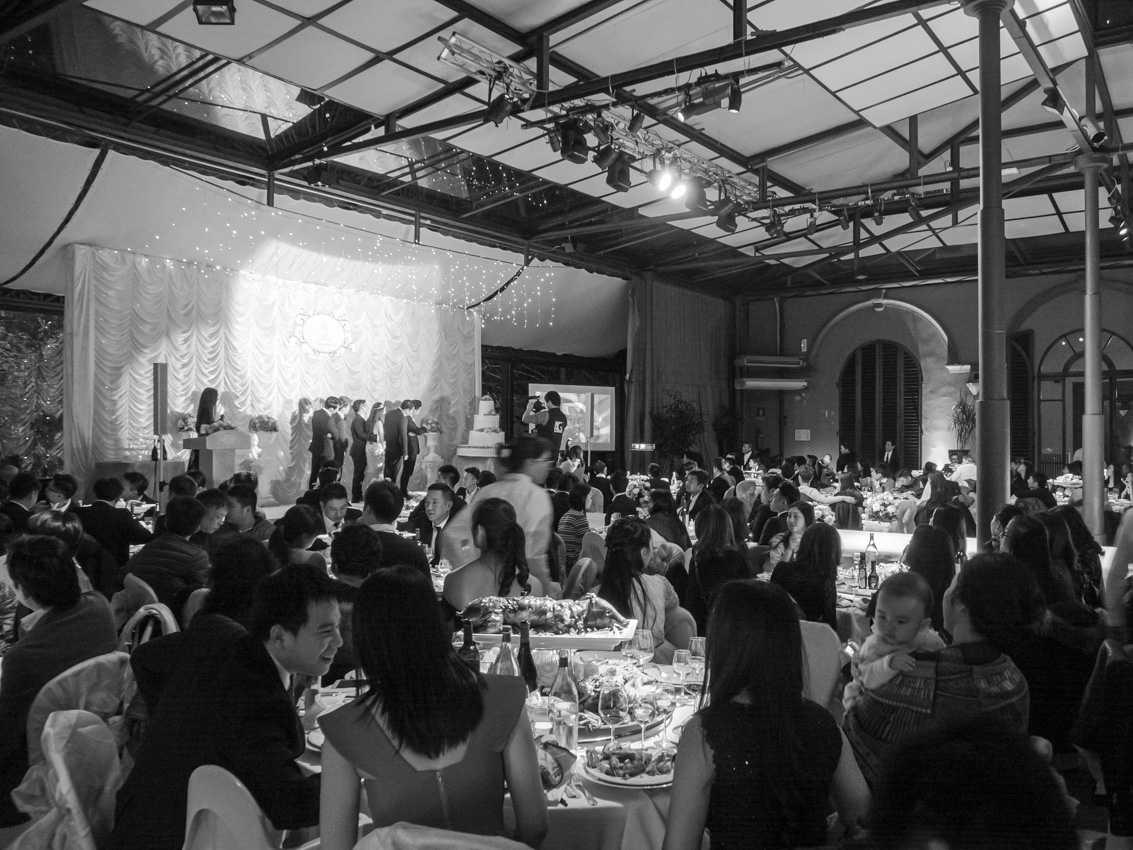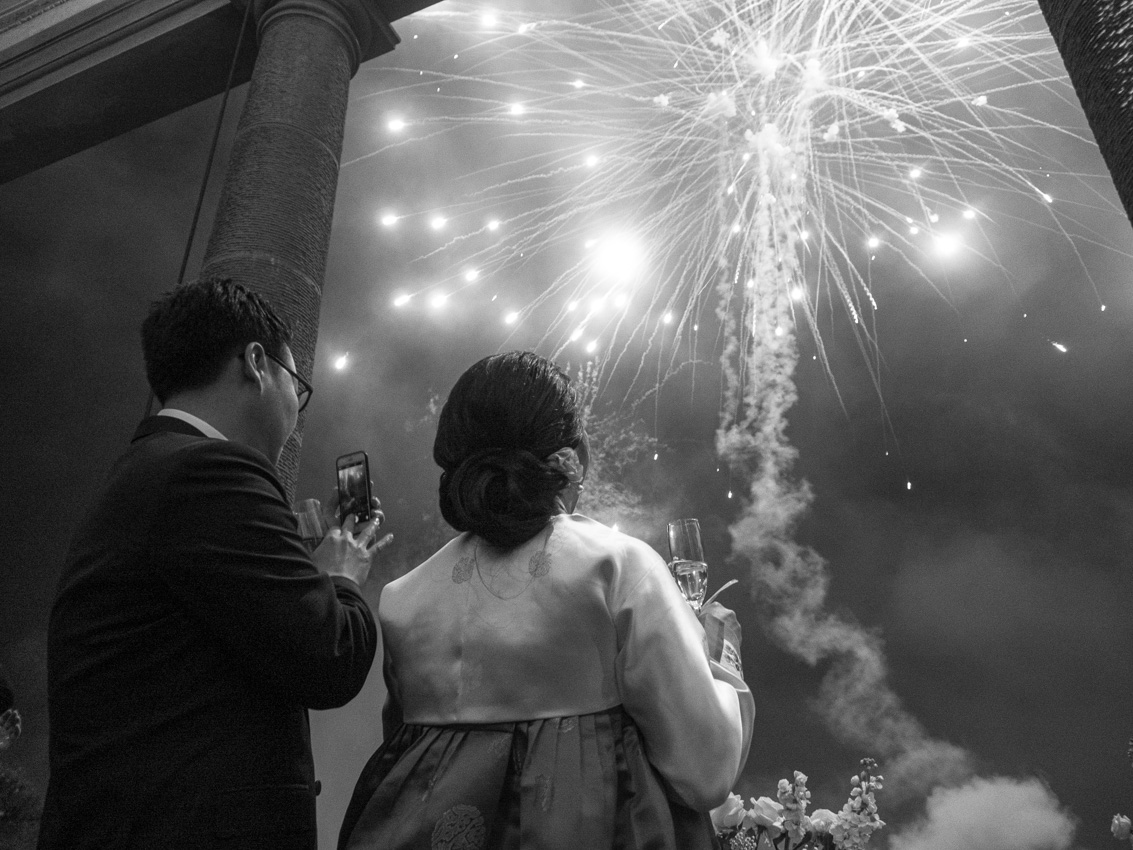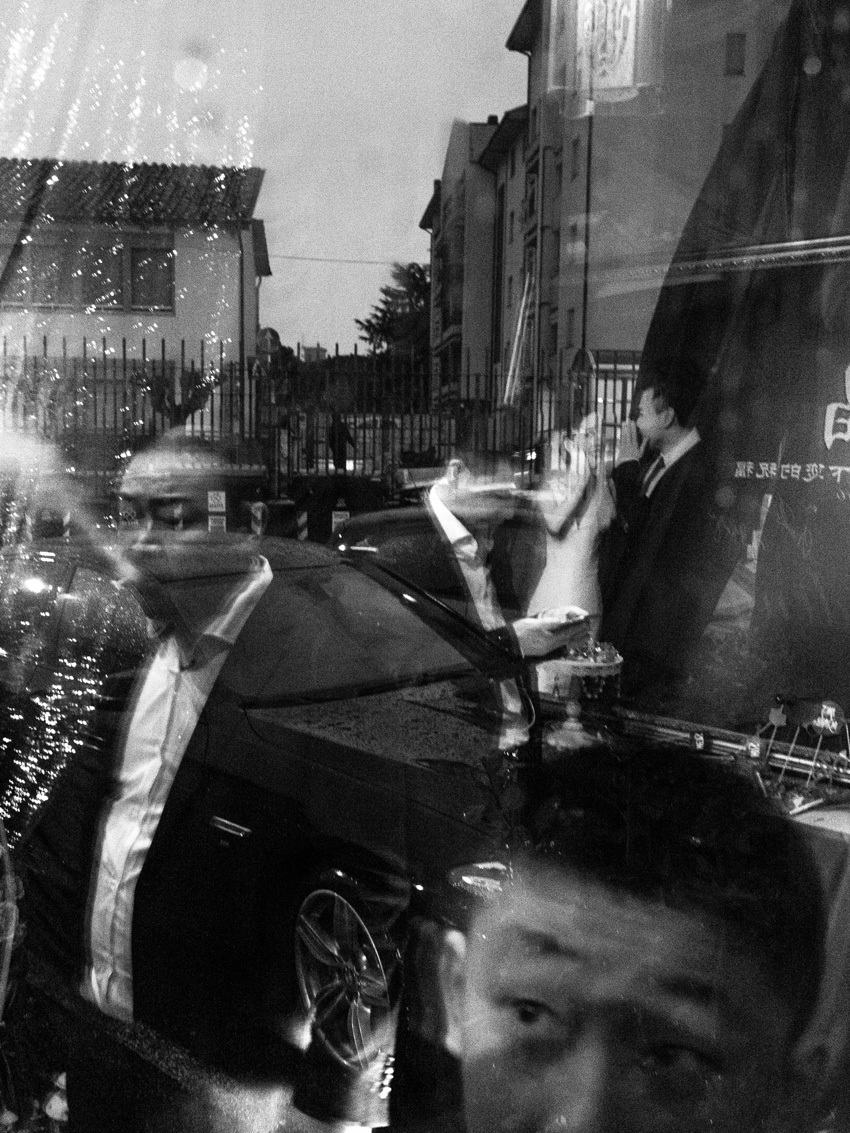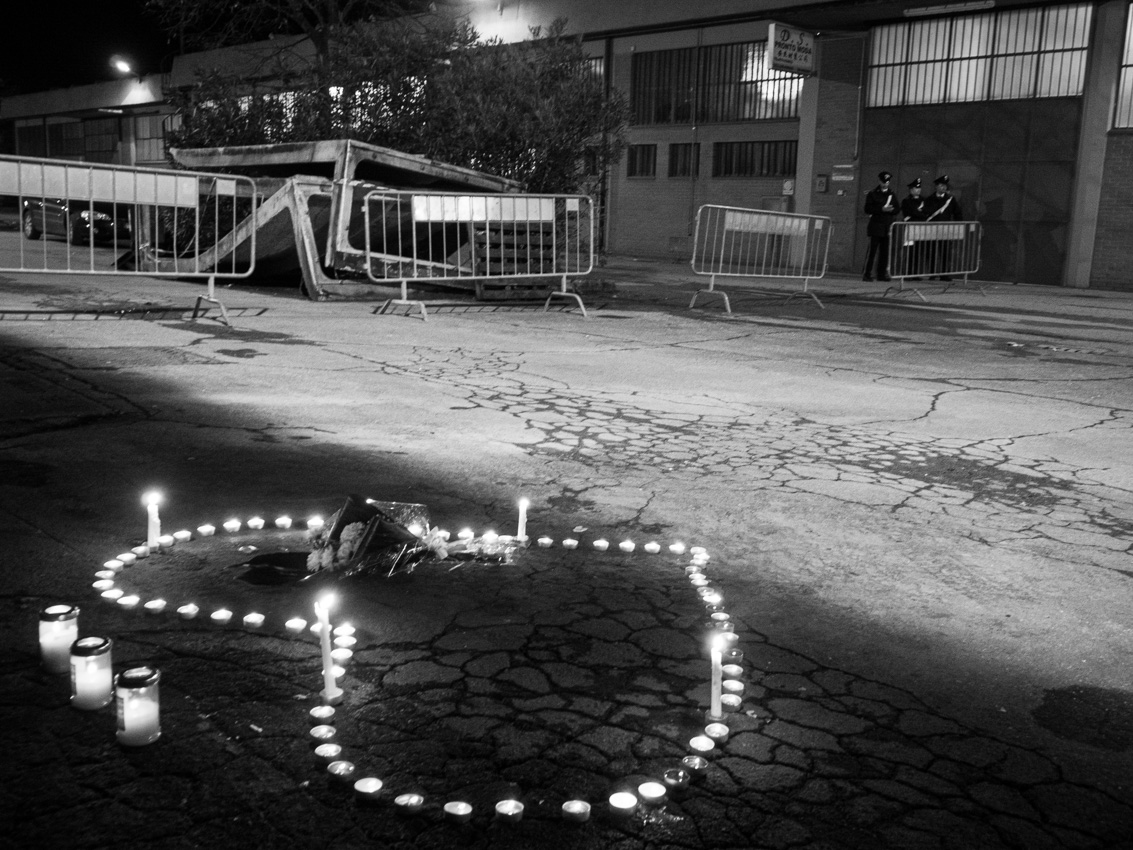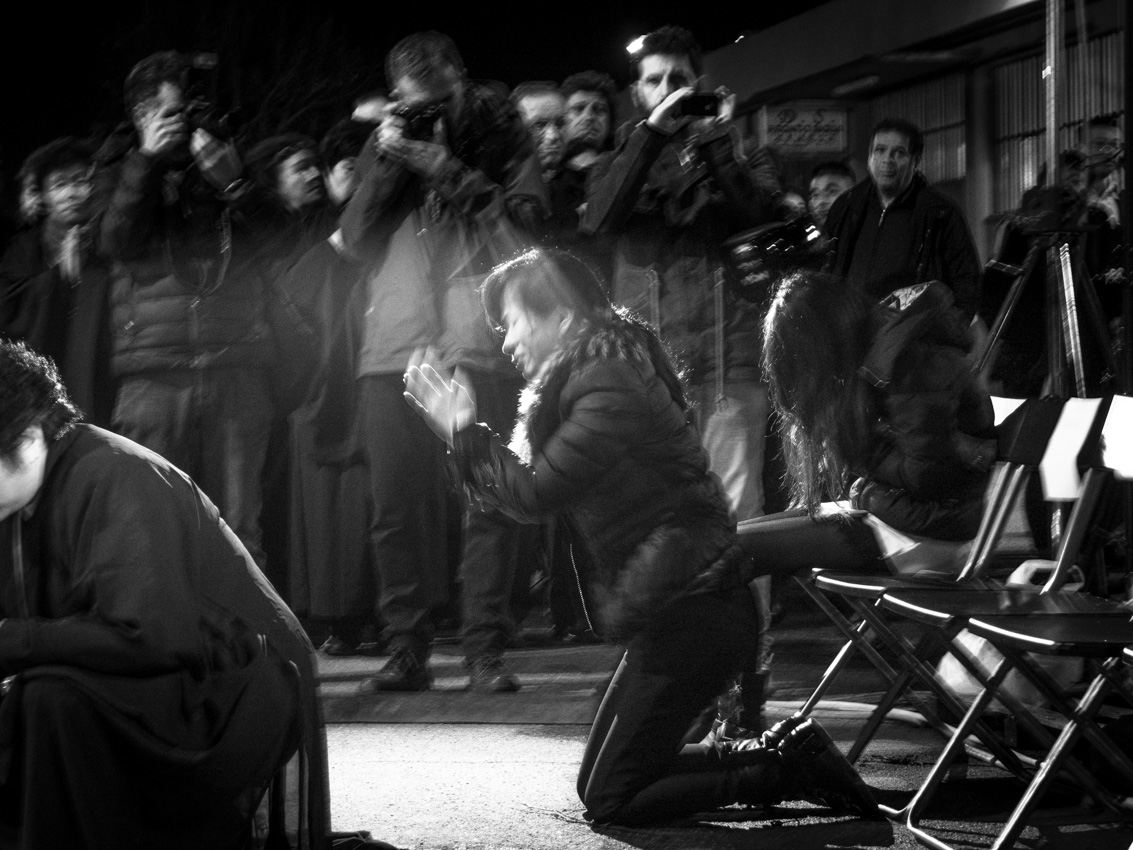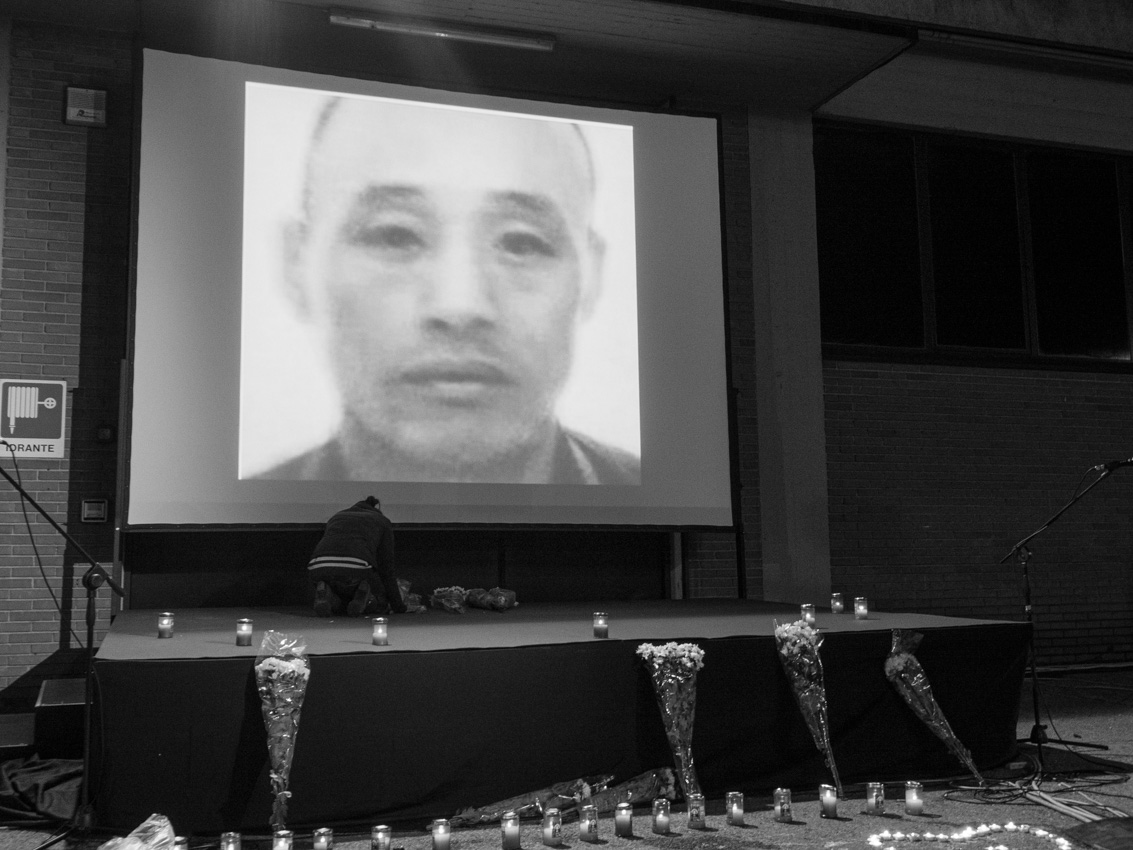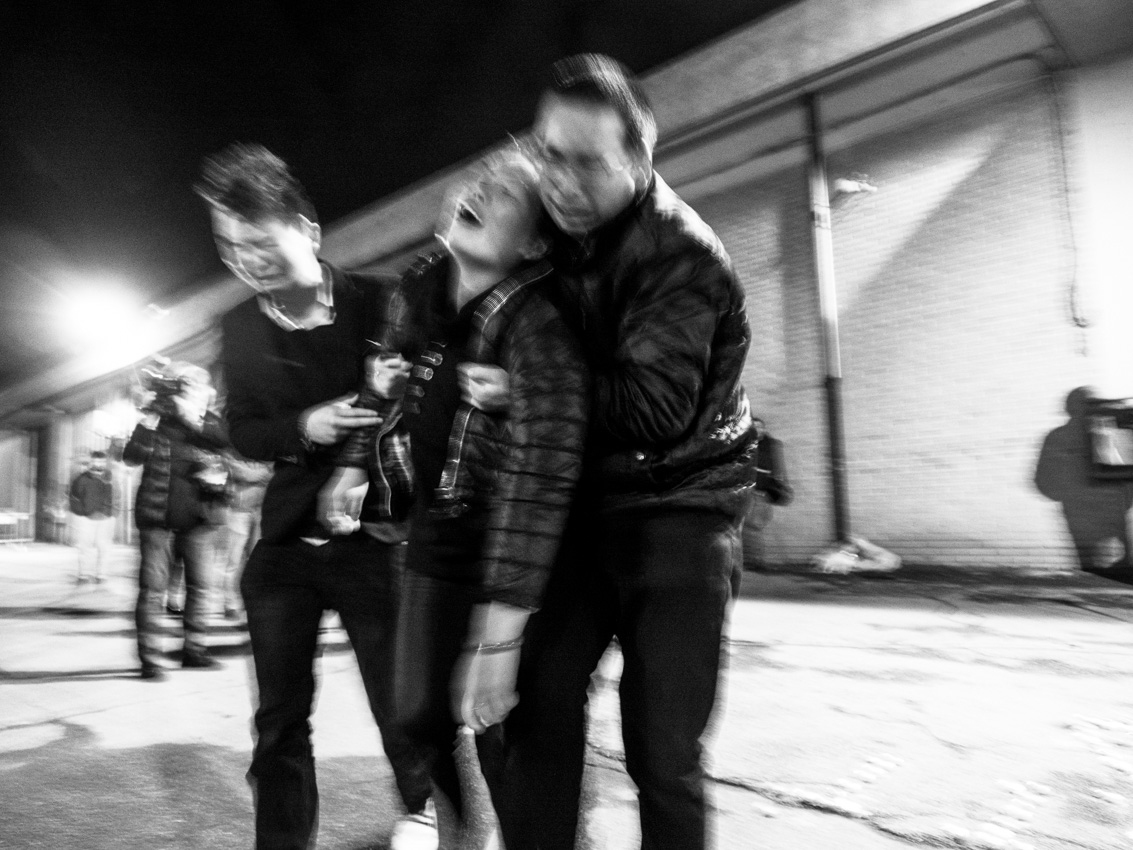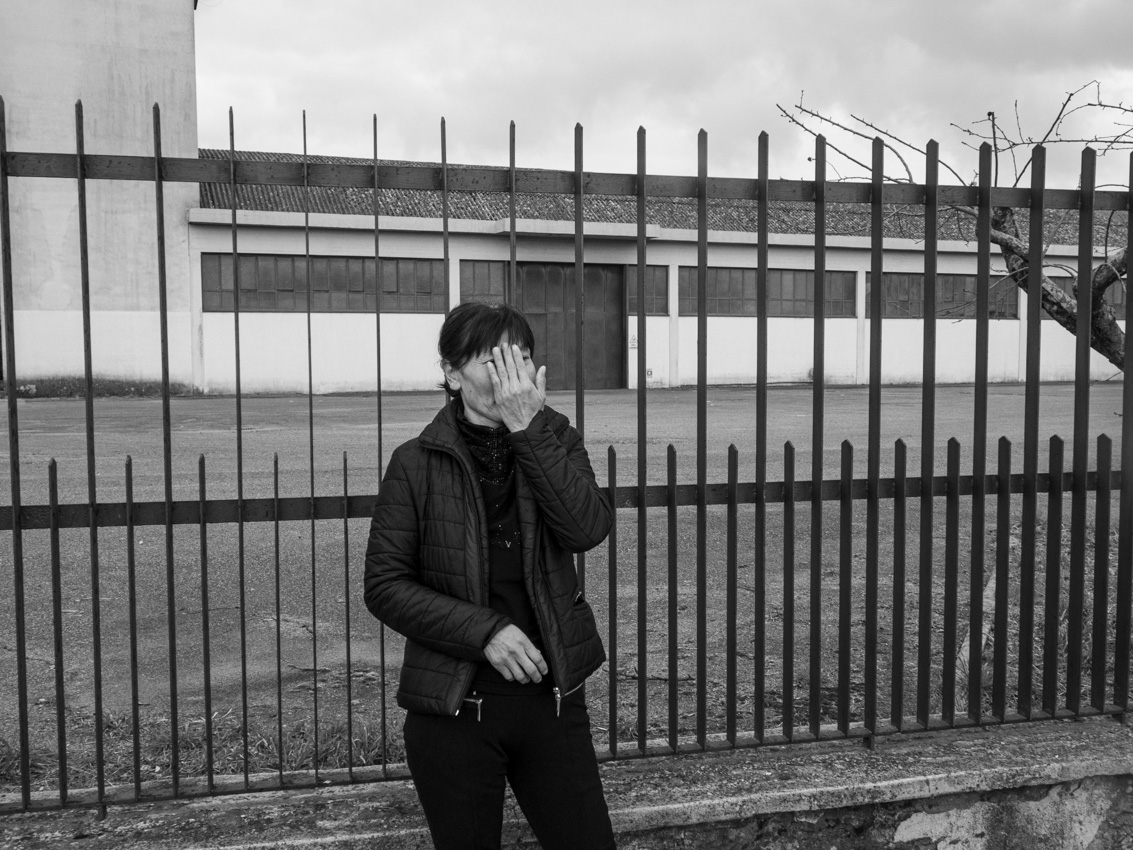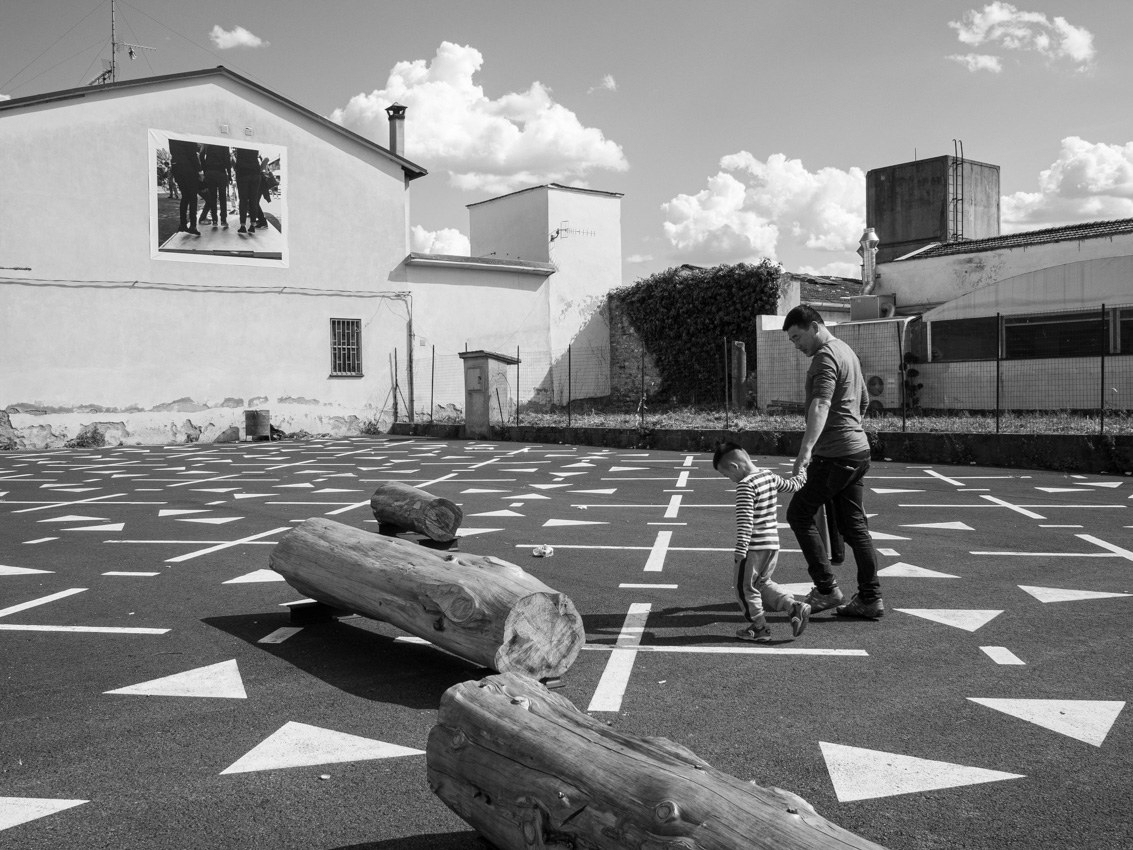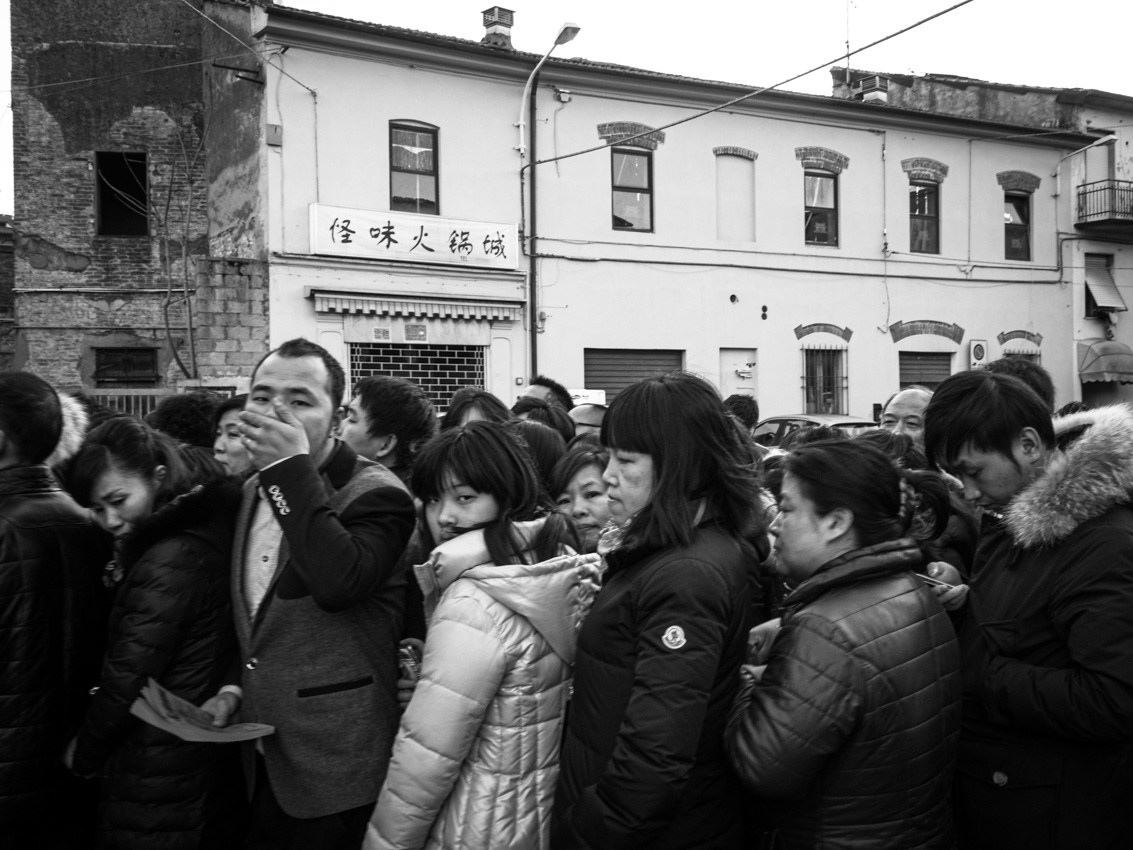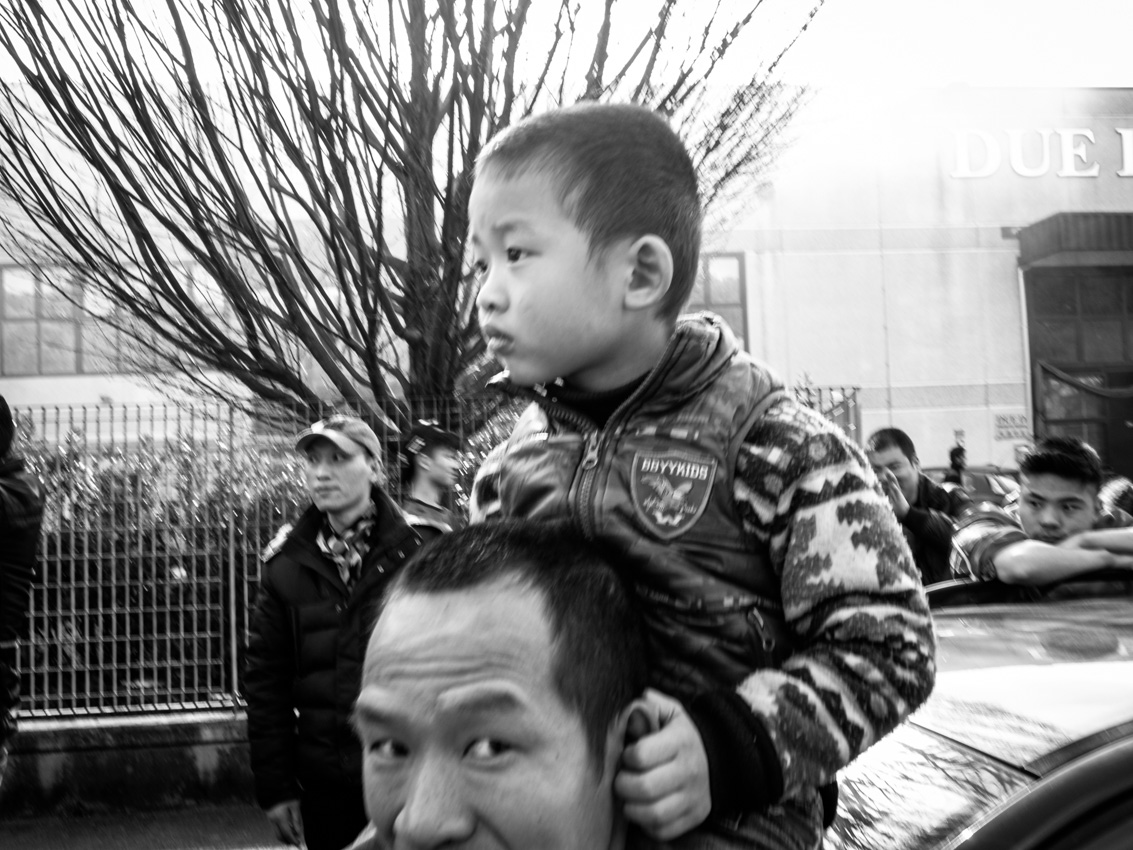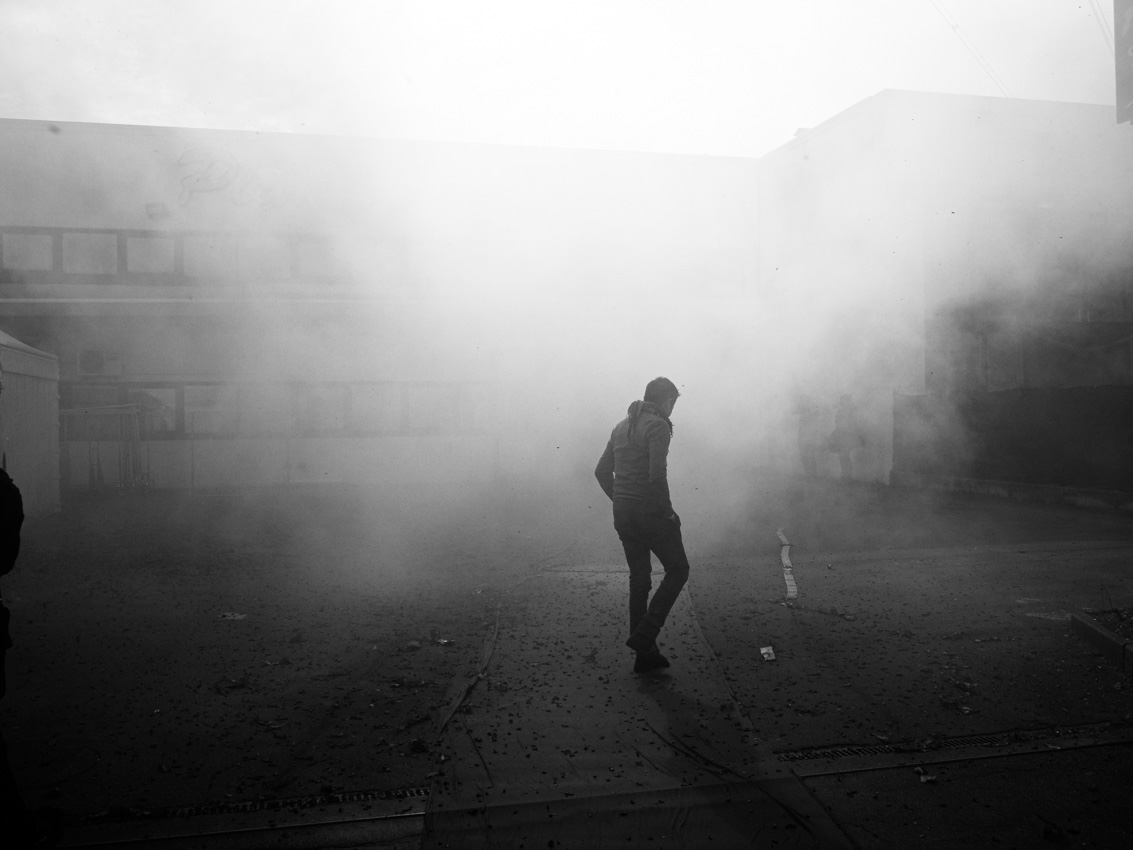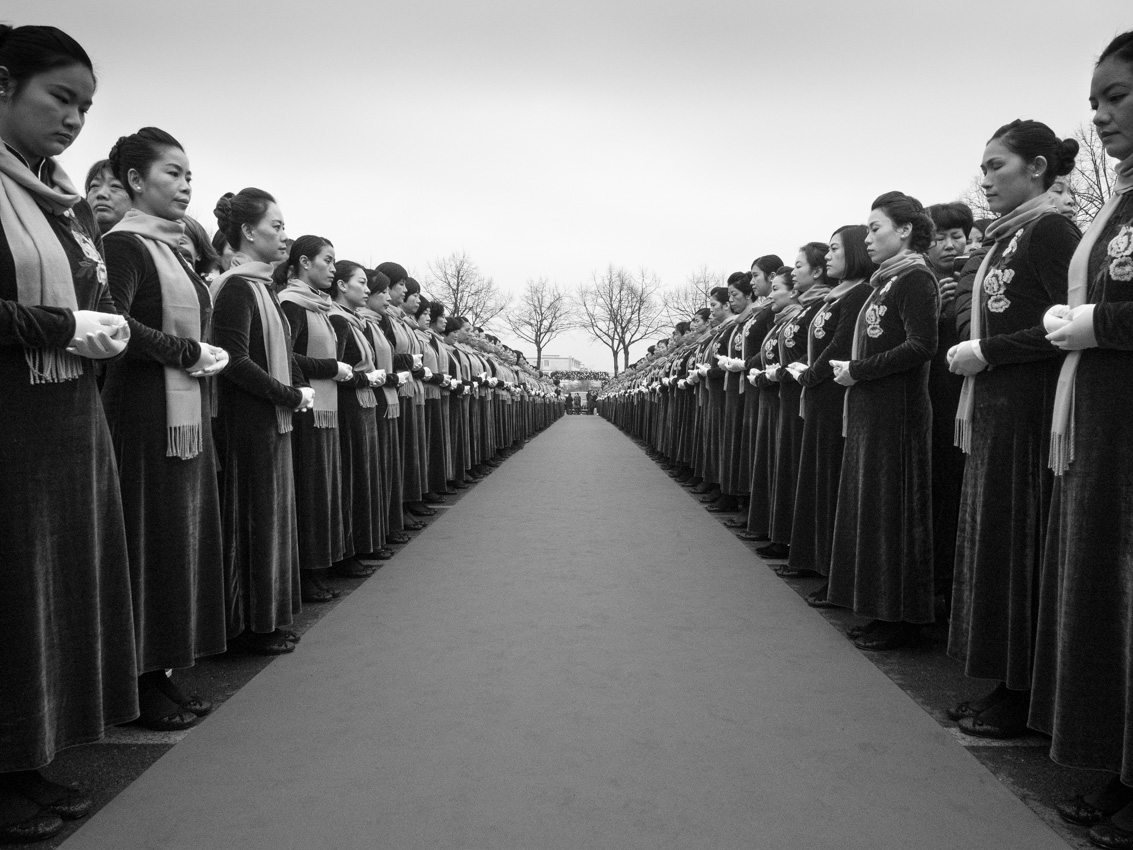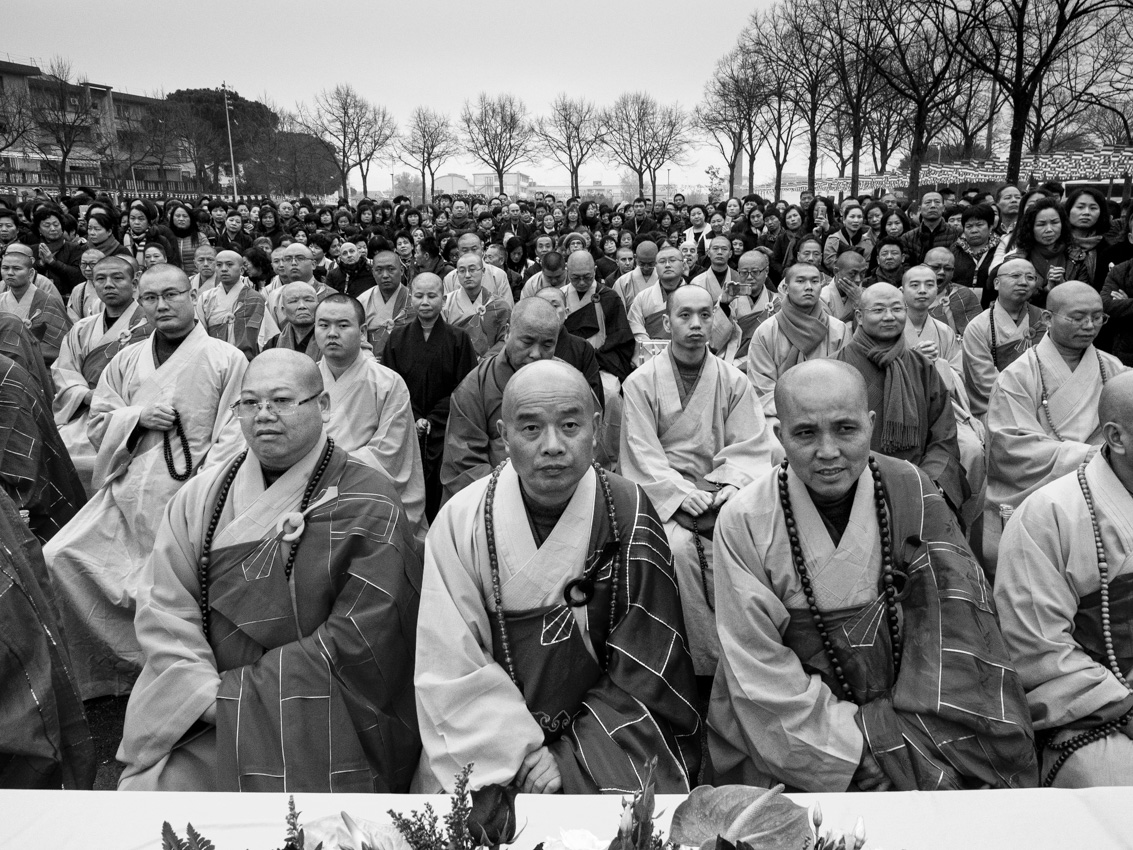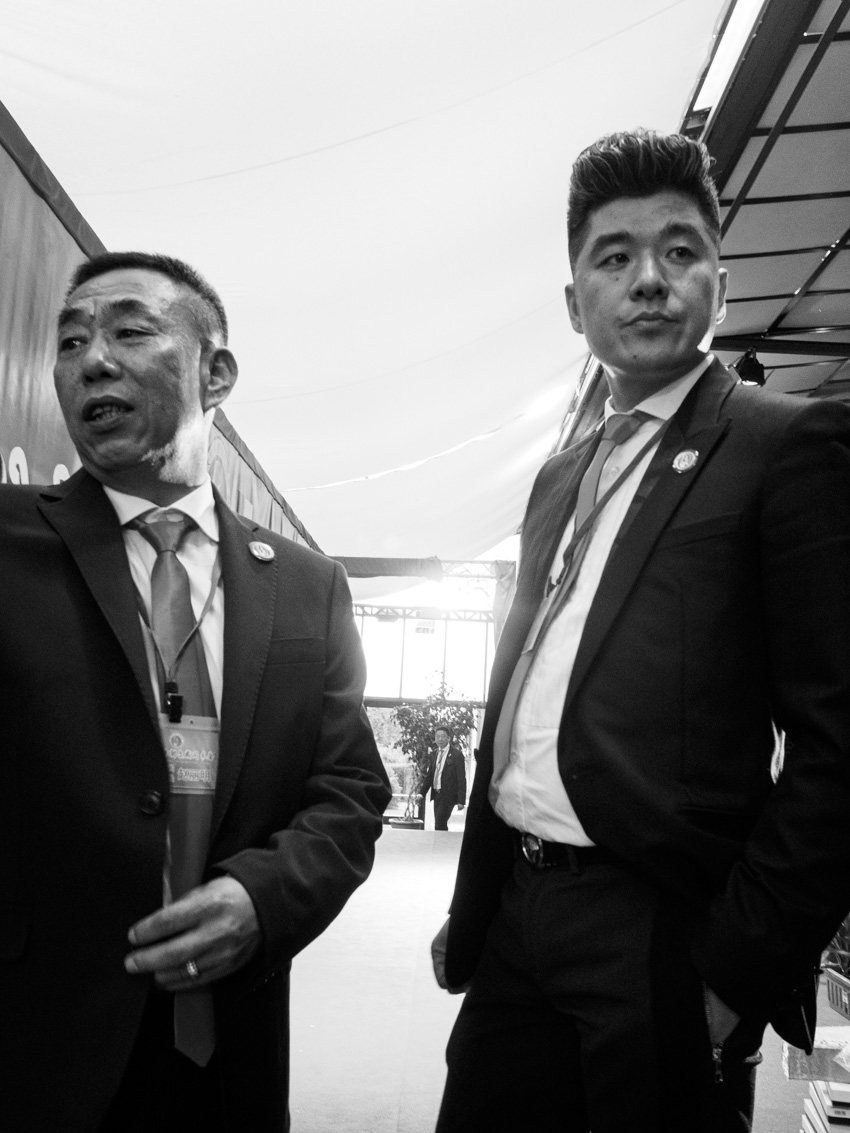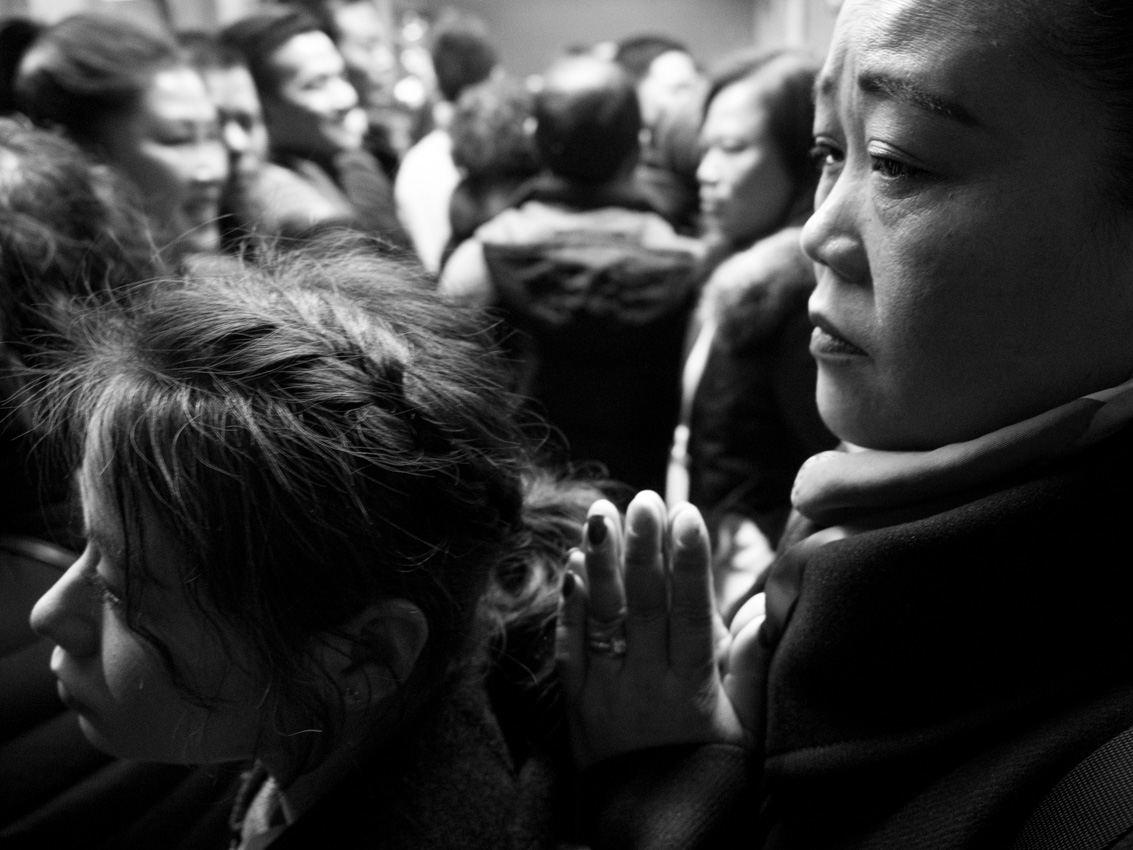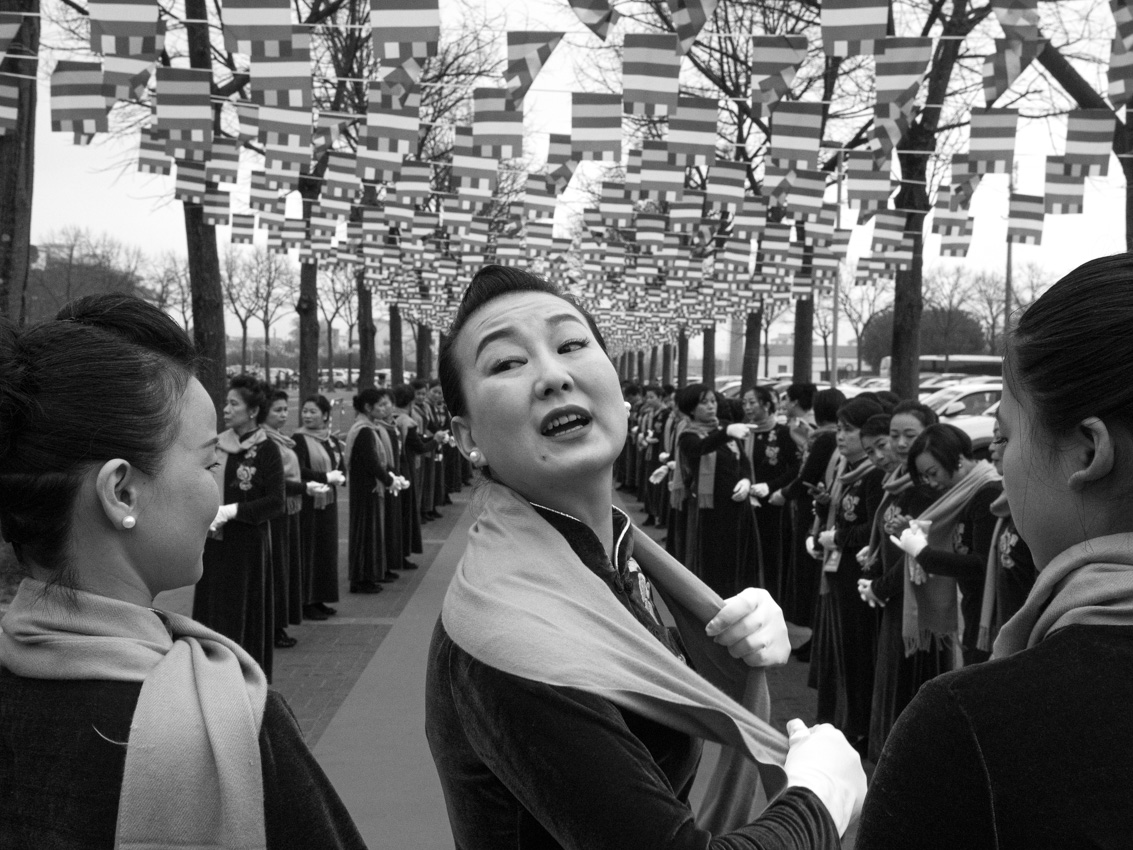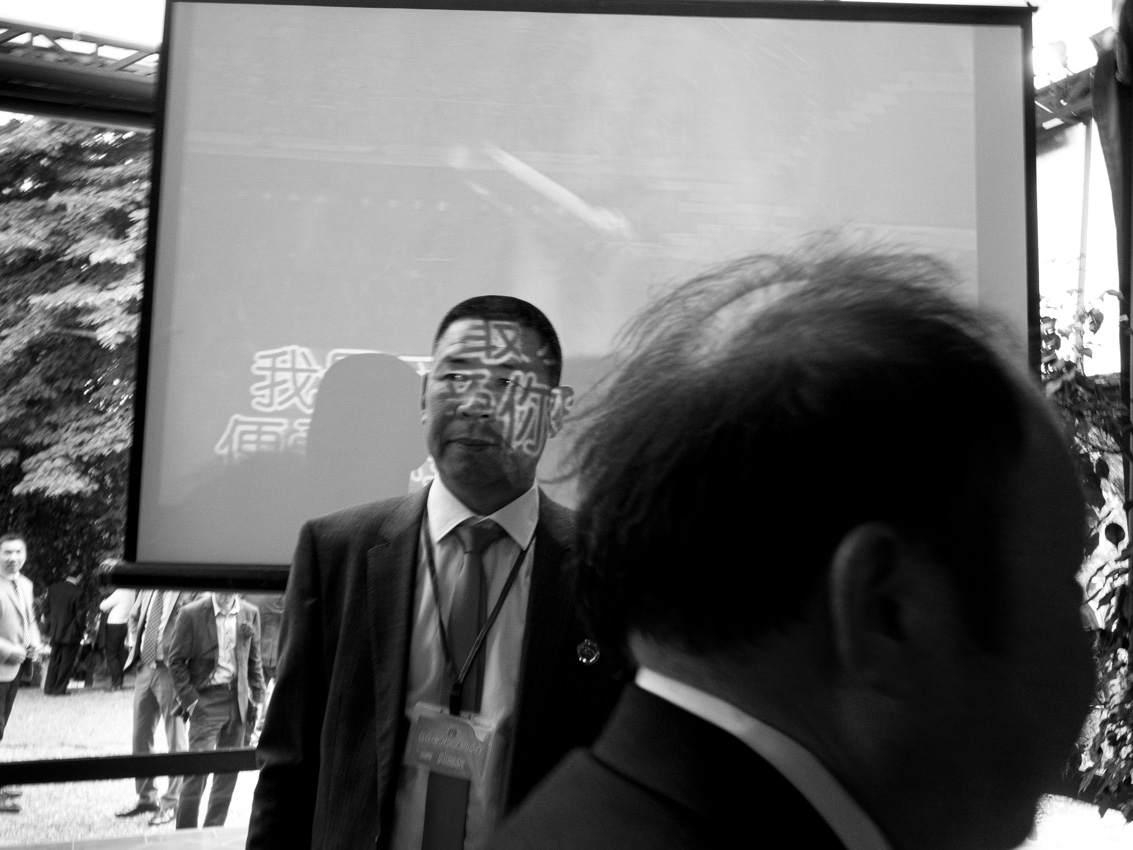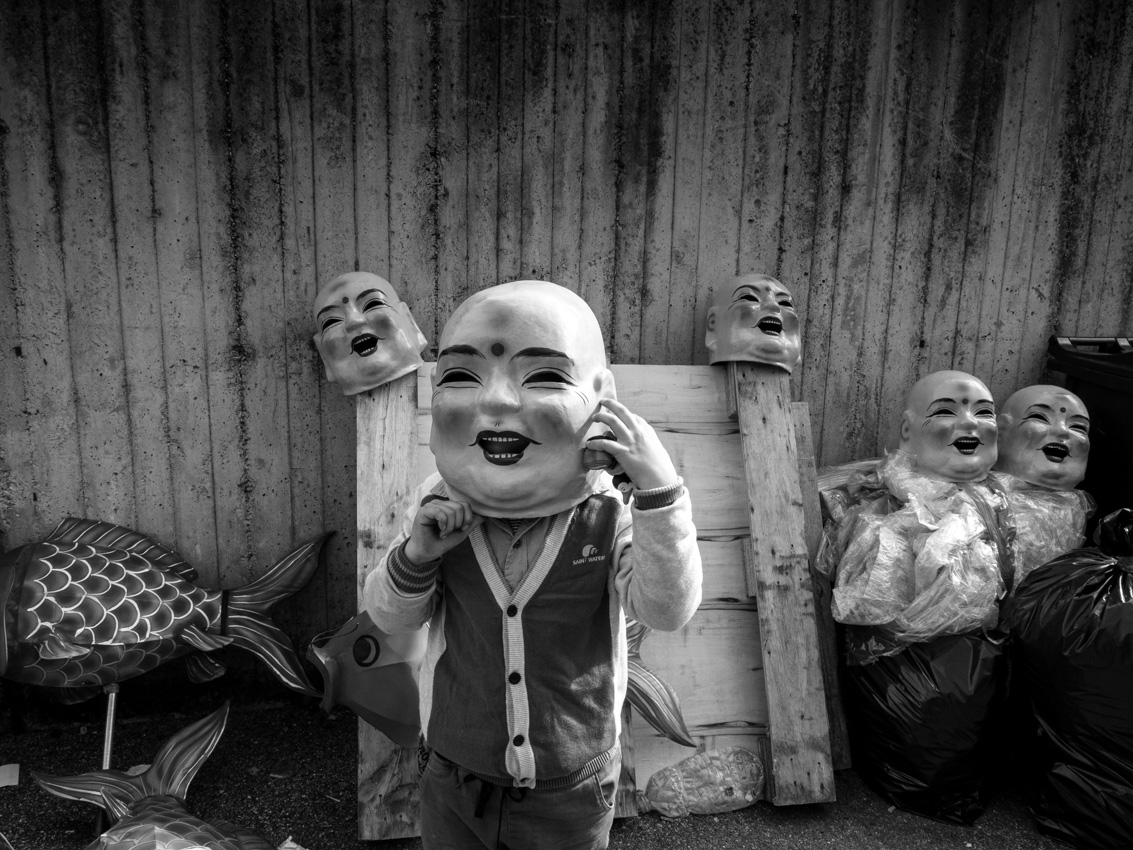Made In Italy
For over 60 years Prato has been the most important city in Italy for the production of high level textile fiber.
In the late 1990s, Chinese migrants started to arrive in Prato, most of them from the city of Wenzhou, in Zhejiang province.
Nowadays, according to the local admistration, the Chinese community which now numbers 23.647 inhabitants, that is, 11% of the citizens of Prato (total population 194.323), is the 3rd largest Chinese community in Europe after London and Paris.
In the first years after their arrival their work was based on ready-to-wear and cheap clothing production, poorly developed in the city.
When the economic crisis struck the Prato textile district in the 2000s, with a drop in demand from European markets, Chinese immigrants began to rent and buy warehouses and textile machines and started making their own products.
Nowadays for the Chinese entrepeneurs manufacturing in Prato has a great benefit: the products become ‘Made in Italy’, even if the textiles used are often from China.
In this way their products have a greater appeal for the foreign markets both for the value of the Italian brand and for the low prices offered by Chinese companies.
European buyers no longer need to take a flight to China, choose the sample, order the production and then wait for the shipping. To save time and money they only need to take a flight to Florence and from there they can easily reach the city of Prato, only a few kilometres away.
From poor workers to businessmen, how were they able in so few years to develop and consolidate such a multi-million euro business?
In addition to their entrepreneurial skills and propensity to work, part of this success is due to illegal production methods like the exploitation of clandestine workers and tax evasion.
This conduct has increased in recent years and, on December 1st 2013, it led to the death of 7 Chinese immigrants during a fire incident. Where can we observe the manifestation of the myth of wealth that many Chinese seek? How do they show their wealth?
Marriage celebrations are the events in which this myth is most exposed.
Luxury villas, masters of ceremonies, big cars, large numbers of guests, everything is like a big event where the status of the rich and powerful man inside the community is shown.
The celebration of wealth through the rite of marriage, with its opulence, is profoundly at odds with the fundamentals of the Buddhist religion that almost all the Chinese in Prato venerate. In fact, Buddhism claims to find and seek spiritual wealth and to avoid the material aspects of life.
All these contrasts increase the loss of values and cultural dictates and increase the pursuit of success and wealth, despite everything else.
